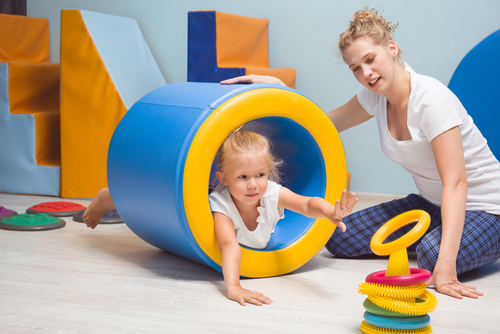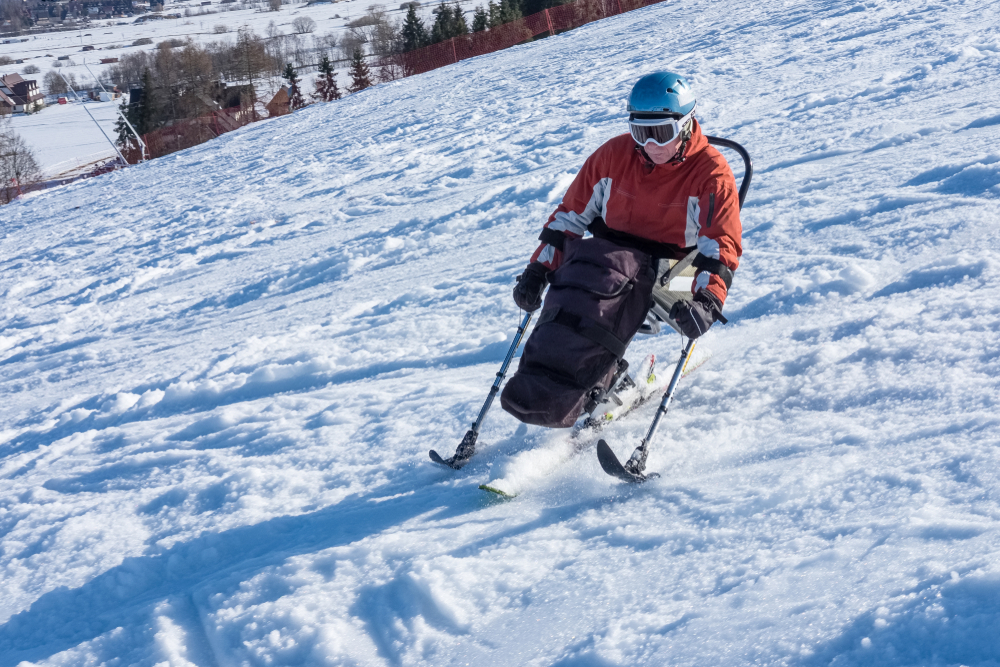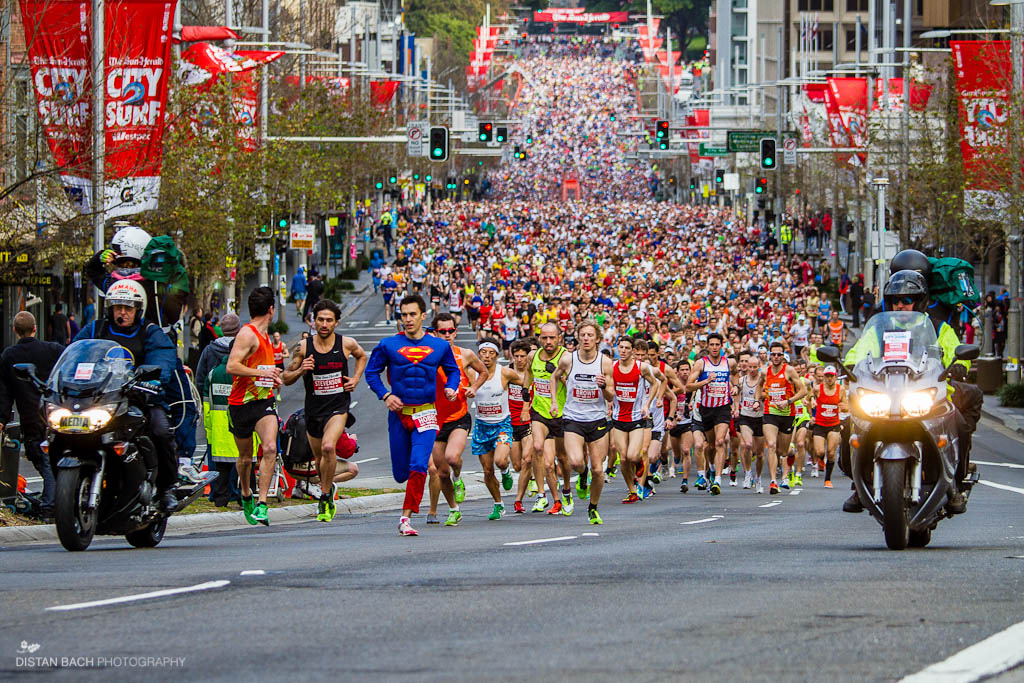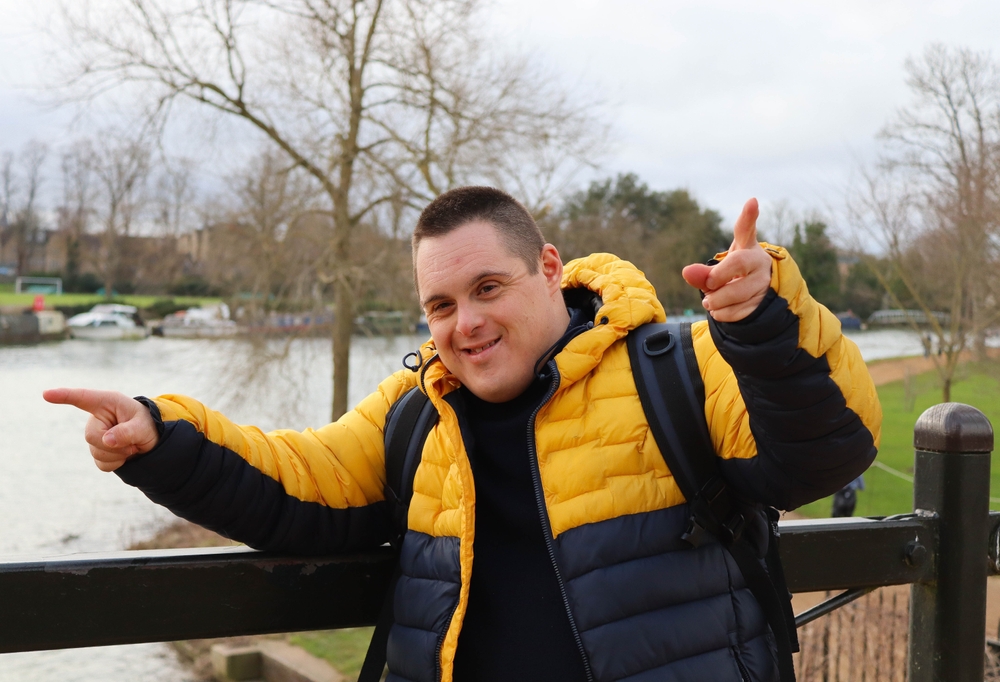As a parent, it's natural to feel anxious and overwhelmed when your child is referred for an initial assessment with a paediatric physiotherapist.
You may have questions about what to expect during the session and how your child will behave. To help alleviate any concerns, our senior paediatric physiotherapist, Mr. Daniel Smit, to walk you through the process of what to expect during the first session and other important topics to cover for a paediatric physiotherapy assessment,
The initial session is an opportunity for you and your child to meet the therapist and get to know each other.
All therapists may take slightly different approaches when conducting an initial consultation, but they will usually consist of the following elements:
1. Introduction
2. History taking
3. Physical assessment and observation
4. Planning discussion
Introduction
During the introduction and history-taking component of the session, the therapist will gather as much information about you and your child as possible. This will include questions about the pregnancy and your child's birth. Although some questions may not seem relevant, they provide essential information to help paint a bigger picture of your child's well-being.
The therapist will also take a developmental history, which will involve finding out at what age your child started being able to do things such as roll, crawl, sit independently, pull themselves up to stand, walk, run, etc. Sometimes it can be hard to recall these things, so it's helpful to think about this before the appointment so you don't feel on the spot.
Other questions will include a thorough medical history, including any hospital stays, operations, and diagnoses, as well as the medical team that may be involved in your child's care. A family history will also be taken, so it's helpful to think about and have prepared any history of disease or medical concerns in the family.
Planning
After the assessment is complete and your therapist has a thorough understanding of your child, it's time to develop a plan for therapy moving forward. This will include a discussion around any concerns the therapist may have as well as goals that you may have for your child.
It's important for therapy to be goal-oriented, as having a goal to work towards makes therapy more targeted and keeps motivation high. It also serves as an indication of progress and goal achievement.
By being prepared with goals that you are wanting to work towards, this will assist in making the planning process smoother. If your child is of an age where they may be able to identify goals, it's important to include them in this process.
Research on the effectiveness of paediatric physiotherapy, including case studies and outcomes studies
When it comes to paediatric physiotherapy, research is crucial in understanding the effectiveness of different treatments and interventions. There are a variety of research methods that can be used to study paediatric physiotherapy, including case studies and outcome studies.
Case studies involve looking at an individual child's experience with paediatric physiotherapy. These studies often provide detailed information about a child's condition, treatment plan, and outcomes. They can be particularly useful for understanding the unique challenges and successes of treating a specific condition or injury.
Outcome studies, on the other hand, involve looking at a group of children who have received paediatric physiotherapy. These studies often focus on specific outcomes, such as improvement in mobility or reduction in pain. They can provide valuable information about the overall effectiveness of a particular treatment or intervention for a specific condition or population.
One example of a recent outcome study looked at the effectiveness of paediatric physiotherapy in children with cerebral palsy. The study found that children who received physiotherapy had significant improvements in mobility and muscle strength, as well as reduced spasticity and improved quality of life. - Evidence-based Approach to Physical Therapy in Cerebral Palsy
Another example of a case study is the one that looked at the effectiveness of a specific physiotherapy intervention in a child with a spinal cord injury. The study found that the child made significant progress in terms of muscle strength and range of motion, as well as improved overall function.
It is important to note that research in paediatric physiotherapy is ongoing and new studies are constantly being published. However, these studies provide strong evidence for the effectiveness of pediatric physiotherapy in improving the outcomes for children with a variety of conditions and injuries.
It is also important to note that research is not the only indicator of the effectiveness of paediatric physiotherapy, clinical experience and the child's progress also play an important role. Therefore, it's important for healthcare professionals to consider the latest research as well as their own clinical experience and the child's progress when making treatment decisions.
In summary, research, including case studies and outcome studies, is an important tool for understanding the effectiveness of paediatric physiotherapy.
These studies provide valuable information about the outcomes of different interventions and can help healthcare professionals make informed treatment decisions.
Developmental milestones and how they relate to paediatric physiotherapy assessments
Developmental milestones are the abilities and skills that children typically develop at certain ages. These milestones include things like rolling over, sitting up, crawling, walking, and talking. They are a way for healthcare professionals, including paediatric physiotherapists, to track a child's progress and identify any delays or issues that may need further evaluation or intervention.
Paediatric physiotherapy assessments often include assessments of developmental milestones as a way to evaluate a child's overall physical development. This helps the physiotherapist understand the child's current abilities and plan an appropriate treatment plan. For example, if a child is delayed in their gross motor skills, such as crawling or walking, the physiotherapist may focus on exercises to improve strength and coordination in order to help the child reach these milestones.
The assessment of developmental milestones also allows the physiotherapist to identify any potential red flags or areas of concern. For example, a child who is not reaching milestones in coordination or balance may be at risk for falls or injuries and require a specific intervention plan.
It is important to note that every child develops at their own pace and some children may reach milestones earlier or later than others. However, if a child is significantly delayed in reaching milestones or has other concerning signs, a referral to a pediatrician or other specialists may be necessary for further evaluation.
In addition to assessing developmental milestones, paediatric physiotherapists also use other evaluation tools such as observation of play, gait analysis and muscle strength and tone assessment. These assessments are used to identify any areas of weakness or delay and to develop an individualized treatment plan to help the child reach their full potential.
Overall, developmental milestones play a crucial role in paediatric physiotherapy assessments. They provide valuable information about a child's physical development and allow physiotherapists to identify any potential issues and plan appropriate interventions to help the child reach their full potential.

How to prepare for a paediatric physiotherapy assessment and what to expect during the assessment process
Preparing for a paediatric physiotherapy assessment can help ensure that the process is as smooth and productive as possible. Here are some things to keep in mind when preparing for a paediatric physiotherapy assessment:
1. Gather information about your child's medical history: Before the assessment, it is helpful to gather any relevant information about your child's medical history, including past injuries, surgeries, or illnesses. This information can help the physiotherapist understand your child's background and any potential issues that may need to be addressed during the assessment.
2. Dress your child in comfortable clothing: It is important to dress your child in comfortable clothing that is easy to move in, such as shorts and a t-shirt. This will allow the physiotherapist to fully assess your child's range of motion and movement abilities.
3. Bring any relevant equipment: If your child uses any assistive devices, such as a walker or braces, be sure to bring them to the assessment. This will allow the physiotherapist to see how your child uses the equipment and make any necessary adjustments.
4. Be prepared to answer questions: The physiotherapist will likely have a list of questions to ask you and your child during the assessment. Be prepared to answer questions about your child's abilities, interests, and daily routines.
During the assessment, the physiotherapist will observe your child performing different activities and exercises, such as walking, climbing stairs, and playing with toys. The physiotherapist will also assess your child's strength, flexibility, and range of motion. The assessment may also include a gait analysis and muscle strength and tone assessment.
It is important to note that the assessment process may vary depending on the child's age and specific needs. The physiotherapist may also involve other healthcare professionals, such as a pediatrician or occupational therapist, in the assessment process to ensure a comprehensive evaluation.
It is also important to note that the assessment process may take time, depending on the child's abilities and the physiotherapist's observations and evaluations. It is important to be patient and understanding throughout the process and to ask any questions that you may have.
Overall, preparing for a paediatric physiotherapy assessment and understanding what to expect during the process can help ensure that the assessment is as productive and beneficial as possible for your child.

The importance of ongoing monitoring and reassessment in paediatric physiotherapy to track progress and adjust treatment plans as needed
Ongoing monitoring and reassessment is an essential aspect of paediatric physiotherapy, as it allows healthcare professionals to track a child's progress and adjust their treatment plan as needed.
One of the key advantages of ongoing monitoring and reassessment is that it allows the physiotherapist to track a child's progress over time and make any necessary adjustments to their treatment plan. This can be especially important for children who have conditions or injuries that may require long-term treatment, such as cerebral palsy or a spinal cord injury.
Additionally, ongoing monitoring and reassessment can help identify any new issues or complications that may arise, such as the development of muscle tightness or weakness. This can help the physiotherapist to quickly address these issues and prevent them from becoming a major problem.
Another important aspect of ongoing monitoring and reassessment is that it allows the physiotherapist to adjust their treatment plan to align with the child's changing developmental needs. Children are constantly growing and changing, and their physiotherapy treatment needs may change as well. For example, as a child grows, their treatment plan may need to shift from a focus on gross motor skills to a focus on fine motor skills.
It is also worth mentioning that ongoing monitoring and reassessment is important for the child and the family as well. It allows them to understand the progress and have a sense of direction for the treatment plan. It also allows them to set realistic goals and be more engaged in the treatment process.
The importance of ongoing monitoring and reassessment in paediatric physiotherapy cannot be overstated. It is essential for tracking progress, identifying new issues, and making necessary adjustments to treatment plans. This helps ensure that children receive the most effective and appropriate care, and reach their full potential.
At Physio Inq, our team of experienced paediatric physiotherapists are dedicated to providing the best possible care for your child. Whether your child is recovering from an injury, managing a chronic condition, or simply working on developing their gross motor skills, we are here to help.
Don't wait, book your child's initial assessment with one of our paediatric physiotherapists today and start on the path to improved health and development.
Contact us to schedule your appointment and experience the benefits of Physio Inq's paediatric services.
Date Published: Friday, January 20, 2023
Locate a Paediatric Physiotherapy
Service Near me
Get the experience & convinence you deserve to support your or a loved one's allied health needs.
Our Paediatric Physiotherapy team are currently serving & taking appointments in the following states and regions in Australia:
New South Wales
- Blacktown
- Blue Mountains
- Campbelltown And Macarthur
- Canterbury-Bankstown
- Eastern Suburbs Sydney
- Georges River
- Hawkesbury
- Inner East Sydney
- Inner West Sydney
- Lake Macquarie
- Lower North Shore
- Newcastle
- Northern Beaches
- North Sydney
- Parramatta
- Penrith
- South West Sydney
- Sutherland Shire
- Sydney CBD
- The Hills Shire
- Upper North Shore
- Waverley
- Wollongong
Tasmania
Victoria
Need to get into direct contact with ur Client Services team? We're all ears. Call our team directly on 1300 731 733









